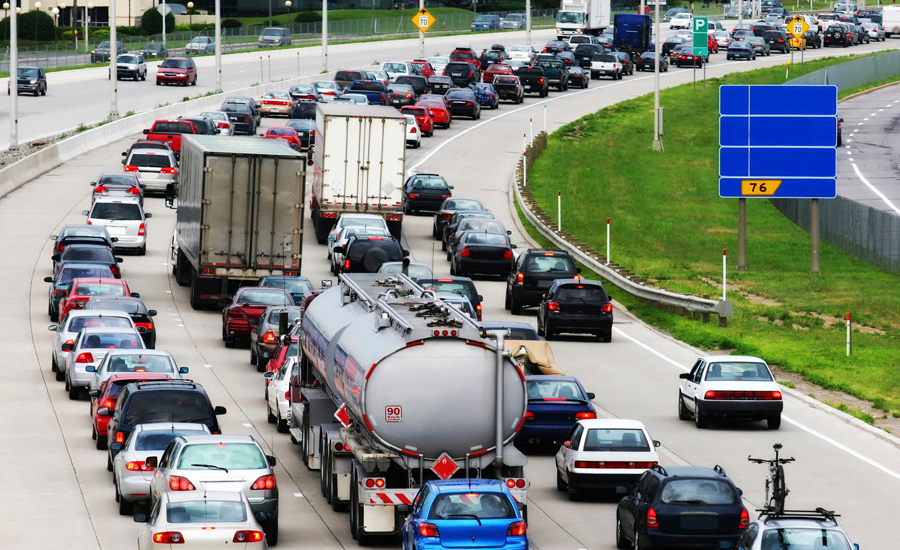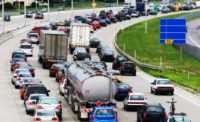What happened?
U.S. roadway deaths jump in 2015

The U.S. Department of Transportation’s National Highway Traffic Safety Administration (NHTSA) has announced its latest estimate of traffic deaths, which show a steep 9.3 percent increase for the first nine months of 2015. The news comes as the agency kicks-off its first in a series of regional summits with a day-long event in Sacramento, Calif., to examine unsafe behaviors and human choices that contribute to increasing traffic deaths on a national scale. Human factors contribute to 94 percent of crashes according to decades of NHTSA research.
"We need to do more"
“For decades, U.S. DOT has been driving safety improvements on our roads, and those efforts have resulted in a steady decline in highway deaths,” said U.S. Transportation Secretary Anthony Foxx. “But the apparent increase in 2015 is a signal that we need to do more. The safety summits that NHTSA is kicking off today in Sacramento will provide us with new approaches to add to the tried-and-true tactics that we know save lives.”
NHTSA estimates that more than 26,000 people died in traffic crashes in the first nine months of 2015, compared to the 23,796 fatalities in the first nine months of 2014. U.S. regions nationwide showed increases ranging from 2 to 20 percent. View the report
Red flags
“We’re seeing red flags across the U.S. and we’re not waiting for the situation to develop further,” said Dr. Mark Rosekind, NHTSA Administrator. “It’s time to drive behavioral changes in traffic safety and that means taking on new initiatives and addressing persistent issues like drunk driving and failure to wear seat belts.”
The estimated increase in highway deaths follows years of steady, gradual declines. Traffic deaths declined 1.2 percent in 2014 and more than 22 percent from 2000 to 2014.
The summit in California is the first in a series of cross-cutting regional summits being held across the country, capped by a nationwide gathering in Washington, to gather ideas, engage new partners, and generate additional approaches to combat human behavioral issues that contribute to road deaths. These summits will address drunk, drugged, distracted and drowsy driving; speeding; failure to use safety features such as seat belts and child seats; and new initiatives to protect vulnerable road users such as pedestrians and cyclists.
Looking for a reprint of this article?
From high-res PDFs to custom plaques, order your copy today!





